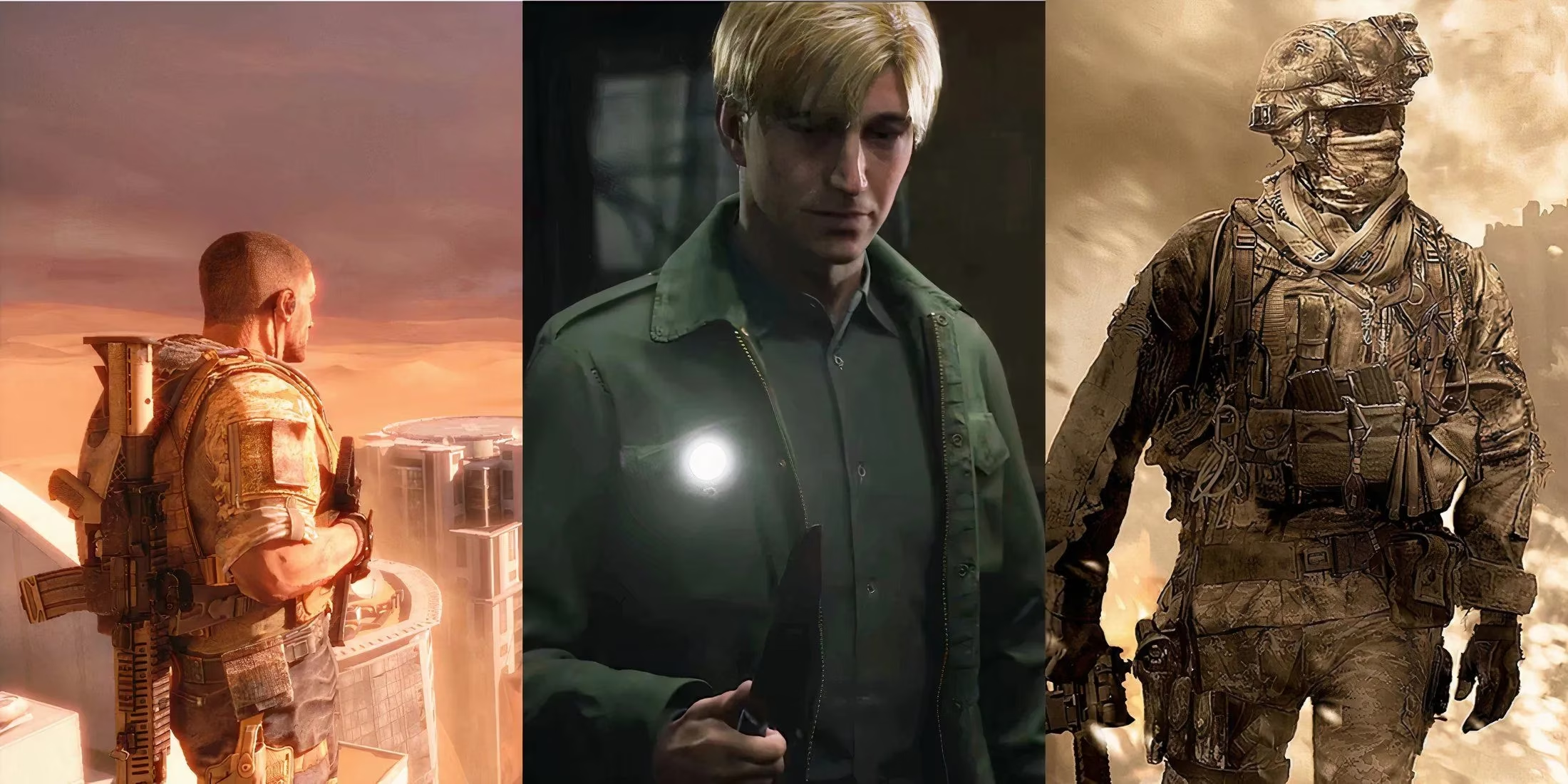
The gaming landscape has experienced seismic shifts through moments so audacious they altered the industry's DNA overnight. These weren't mere plot points; they were cultural detonations that forced players to confront uncomfortable truths about violence, morality, and storytelling itself. Like a lightning strike illuminating a darkened path, these scenes burned themselves into collective memory, transforming how developers approach narrative design and how audiences perceive interactive entertainment. Gamers who witnessed these watershed moments often describe them as emotional gut-punches – visceral experiences that lingered like phantom limb pain long after controllers were set down.
The Nuclear Wake-Up Call
Call of Duty 4: Modern Warfare detonated convention when players witnessed their own character perish in a nuclear blast's aftermath. Mid-campaign, the screen faded to static as the protagonist succumbed to radiation poisoning – a brutal departure from the era's invincible action heroes. This moment felt like being shoved into an industrial freezer; the sudden vulnerability left players shivering with existential dread. Developers weaponized player expectations, crafting a harrowing metaphor for modern warfare's dehumanizing chaos that still echoes in military shooters today.
War's Unforgiving Mirror
Spec Ops: The Line transformed players into war criminals through its white phosphorus sequence, where reckless decisions led to civilian slaughter. The game held up a funhouse mirror to military shooters, distorting heroic fantasies into grotesque self-portraits. Players reported feeling physically ill when realizing their complicity, as if they'd accidentally swallowed broken glass. This confrontation with digital atrocity forced introspection about real-world violence packaged as entertainment.
Colossal Deception
Shadow of the Colossus executed gaming's greatest bait-and-switch by revealing players as monstrous invaders slaughtering peaceful guardians. The realization crept like ivy choking a cathedral – slow, inevitable, and devastating. What began as heroic quest became a guilt-laden pilgrimage, holding players accountable in ways previously reserved for literature or film.
The Kindly Control Illusion
BioShock's "Would you kindly?" twist remains narrative alchemy, turning player obedience into brainwashed compliance. The revelation that Atlas' phrase controlled protagonist Jack exposed gaming's foundational contract between player and designer. It felt like discovering marionette strings attached to one's wrists – a fourth-wall shattering that transformed mechanical compliance into thematic brilliance.
Psychic Invaders
Metal Gear Solid's Psycho Mantis boss fight breached reality by "reading" memory cards and mocking players' gaming habits. This fourth-wall demolition was more unsettling than finding a stranger's fingerprints on your toothbrush. By demanding controller port swaps to win, Kojima made players active participants in the surrealism, forever changing boss fight design philosophy.
Fog of Guilt
Silent Hill 2 constructed a nightmare landscape reflecting protagonist James Sunderland's psyche, with monsters embodying his repressed guilt over murdering his wife. Each creature felt like a personalized indictment – as if the game had ripped pages from players' secret diaries to craft its horrors. This psychological depth raised horror gaming from cheap thrills to arthouse introspection.
Airport of Moral Bankruptcy
Call of Duty: Modern Warfare 2's "No Russian" mission provoked parliamentary debates by casting players as airport massacre participants. The mission's moral vacuum sucked players into uncomfortable complicity, like being forced to carry a sleeping serpent that might strike at any moment. Its inclusion in a blockbuster franchise signaled mainstream gaming's maturity to handle geopolitical taboos.
Eternal Flower
Final Fantasy VII's Aerith death scene remains gaming's most devastating loss, her murder by Sephiroth leaving players as helpless as astronauts watching Earth recede into darkness. For 1997 audiences, the permanence of her departure felt like religious heresy against gaming's resurrection tropes, establishing emotional stakes previously unimaginable in RPGs.
Frequently Asked Questions
❓ Why do these moments still resonate decades later?
They represent tectonic shifts where games stopped being toys and became vehicles for complex human experiences. Like fossilized amber preserving evolutionary leaps, they capture precise instants when the medium matured.
❓ Do shock value moments risk alienating players?
When executed thoughtfully (like Spec Ops' condemnation of violence), they create valuable discomfort. But gratuitous shocks without thematic purpose feel like emotional mugging – all trauma, no catharsis.
❓ How have these moments influenced modern games?
Contemporary titles like The Last of Us and Disco Elysium stand on these moments' shoulders. They proved games could be Trojan horses smuggling profound questions about ethics, grief, and complicity into mainstream entertainment.